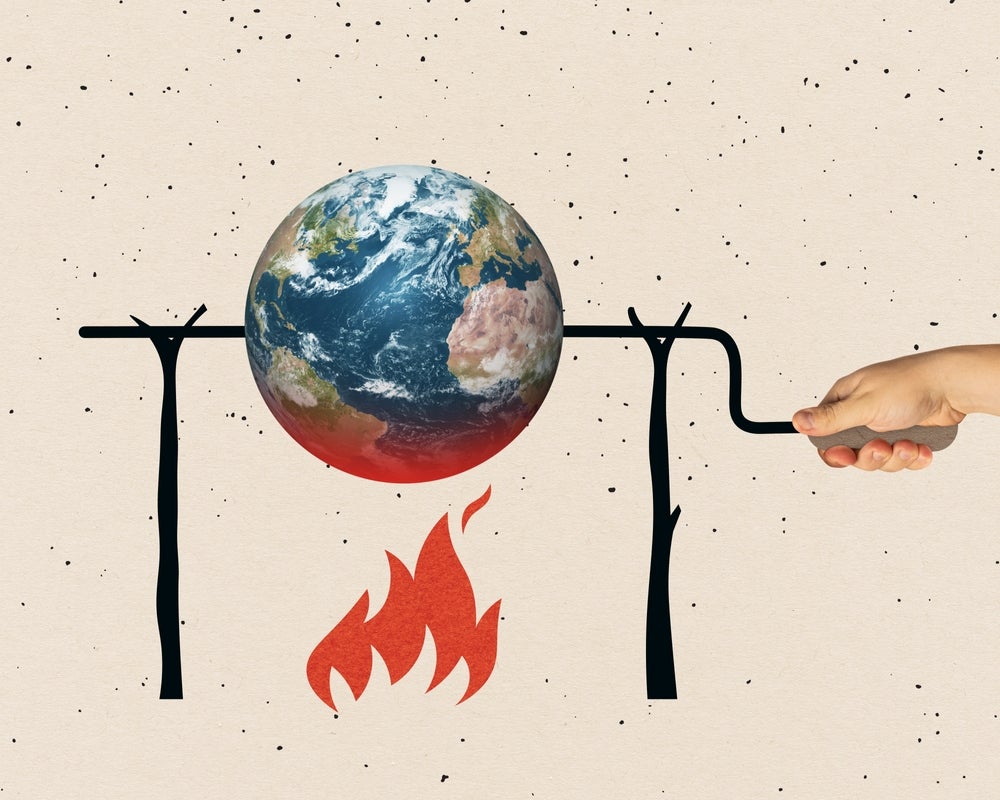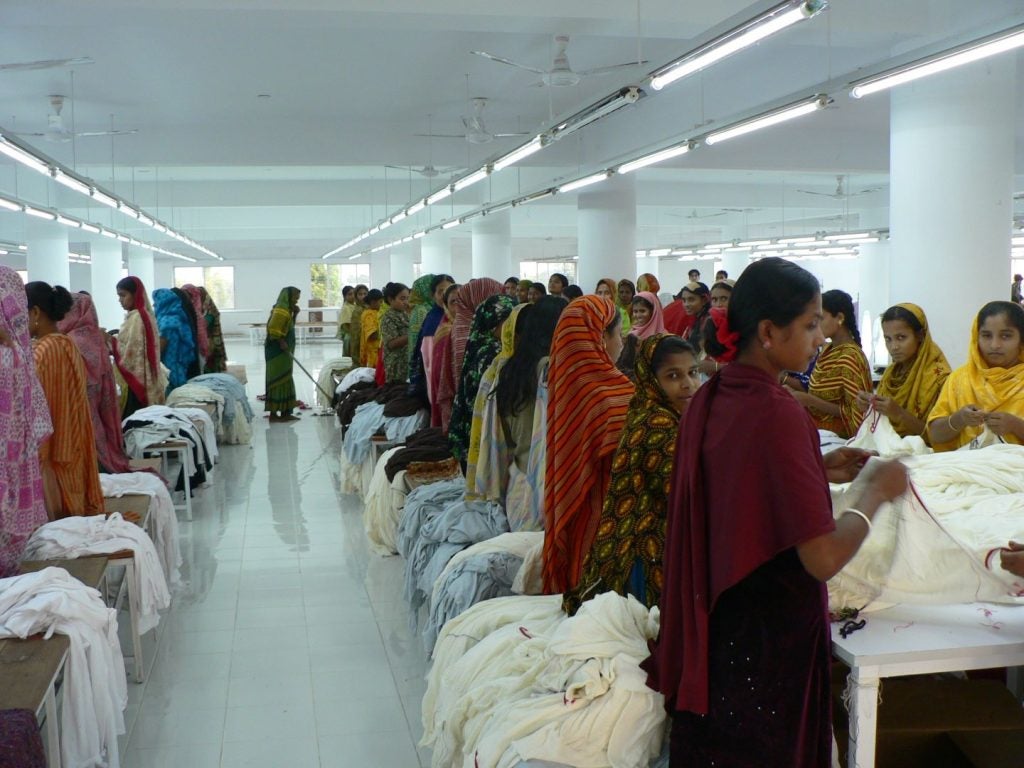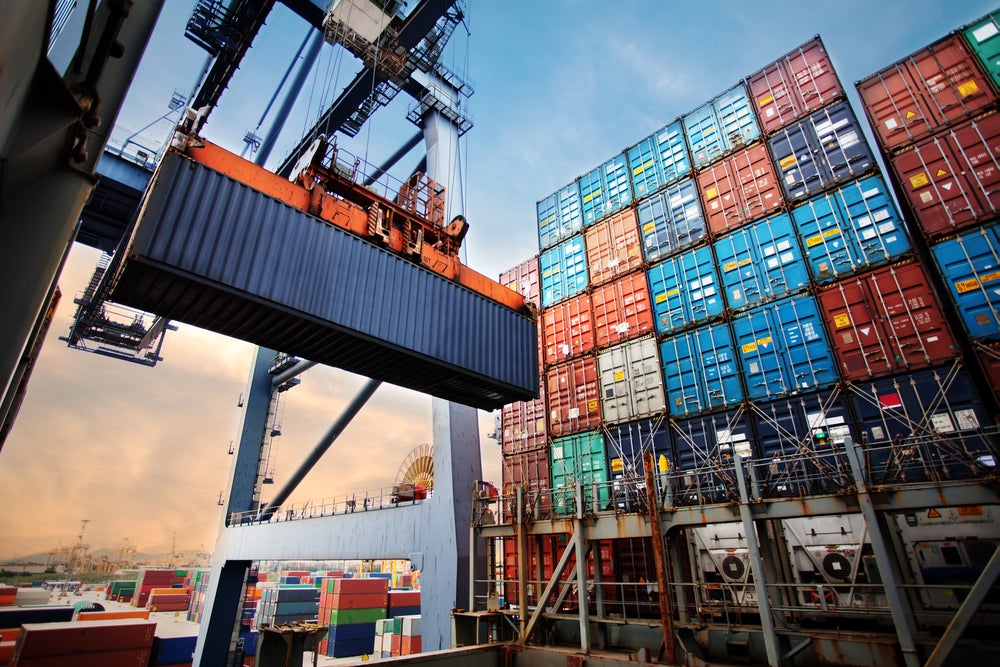
Fashion Revolution is pressing the global fashion industry for radical change, noting its environmental impact and “social “deep social inequalities”.
The fashion organisation stresses the necessity for a united effort to address the climate crisis, with COP28 serving as a platform to hold major fashion brands accountable.
Maeve Galvin, policy director at Fashion Revolution, highlighted the industry’s environmental toll and said: “In addition to being one of the most unequal industries on earth, the fashion industry is one of the most ruthless on our planet’s resources.
“It churns out clothes at a level that we cannot even quantify because the majority of brands do not even disclose how much they produce. It relies heavily on fossil fuels like coal in manufacturing, it guzzles water in regions where it is scarce, uses thousands of chemicals and drives record levels of deforestation.”
Five things fashion brands and policymakers must do to shift the needle on climate change
Fashion Revolution presented five action points for the sector, developed in collaboration with global campaigners such as Stand.Earth, Eco-Age, Action Speaks Louder, and the Transformers Foundation, at COP28:
- Fashion brands are urged to set robust climate targets in consultation with suppliers.
- Brands must transparently publish plans to meet climate targets, sharing their progress openly.
- Brands should disclose information on where clothes are made, the quantity of production, and details about materials and manufacturing processes.
- Policymakers are called upon to legislate for environmental and social accountability from fashion brands.
- Fashion brands are to disclose the number of workers in their supply chain receiving a living wage and the prices brands pay per item to suppliers.
Liv Simpliciano, policy & research manager at Fashion Revolution, pointed out the disparity between commitments and actual impacts, emphasising the need for financial support for the transition to renewable energy in garment-producing countries.
How well do you really know your competitors?
Access the most comprehensive Company Profiles on the market, powered by GlobalData. Save hours of research. Gain competitive edge.

Thank you!
Your download email will arrive shortly
Not ready to buy yet? Download a free sample
We are confident about the unique quality of our Company Profiles. However, we want you to make the most beneficial decision for your business, so we offer a free sample that you can download by submitting the below form
By GlobalDataSimpliciano added: “Fashion brands must put their money where their mouth is and make real financial commitments which share financial risk with suppliers across their supply chains. Supplier-led and brand-supported action is the only way we can truly decarbonise fashion manufacturing.”
Fashion Revolution cautions against isolating environmental issues, emphasising that climate justice in fashion cannot be achieved without addressing social inequalities.
Recent events, such as the brutal crackdown on Bangladeshi garment workers protesting against poverty wages, highlight the urgency of incorporating garment worker demands into the industry’s transformation.
As COP28 unfolds, the spotlight is firmly on the fashion industry to take bold steps towards a more sustainable and equitable future.
Don’t miss our coverage of COP28! Subscribe here for exclusive insights & analysis.





